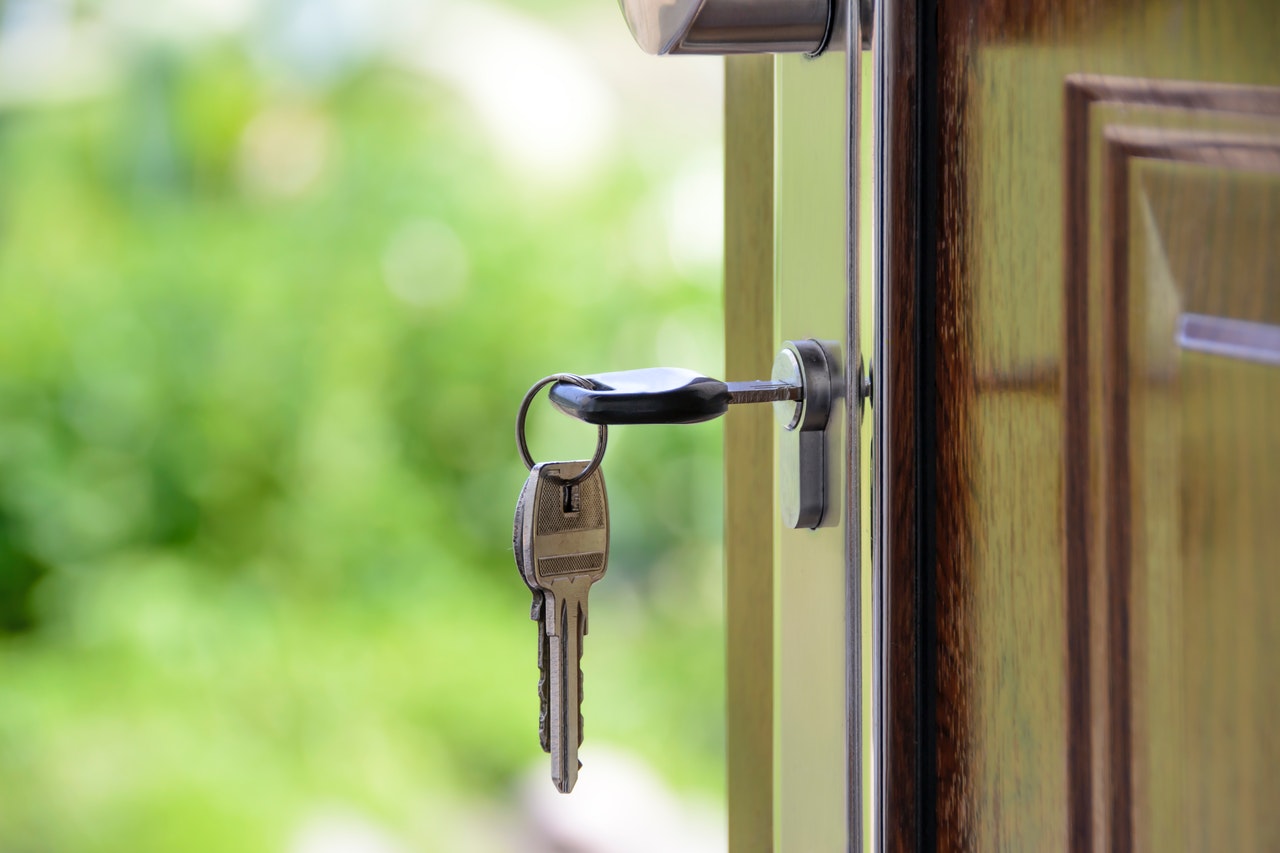“Should I buy a home or keep renting?”
It’s a common question for Millennials that induces plenty of stress. This question has become even more relevant now as mortgage rates reach an all-time low and people’s homes function as offices due to COVID-19.
Most Millennials have a vision of owning a house when they reach a certain age. And if they don’t reach that milestone, they may feel like they’ve failed at life. But just because it’s what you’re “supposed to do,” or because older generations say you should, or because your friends are doing it doesn’t mean buying a house is right for you financially — and that’s totally OK.
Homeownership is a big step that should involve plenty of forethought. Besides, a recent ING International Survey showed that 81% of adults are prioritizing other financial goals and dreams (e.g., paying off student loan debt or traveling the world) over buying a house. In other words, you should feel no pressure to call a realtor once you reach a certain age.
Why risk twinges of remorse, especially with a transaction that could cost hundreds of thousands of dollars? Only after considering the various reasons to rent versus buy should you decide on the best move for you.
How to Decide When to Buy a House
It can be hard to know when you are ready to buy a house. After all, there are plenty of factors to consider. Before you decide whether you should buy a home or keep renting, there are some misconceptions to clear up about homeownership.
First, many people think of a home as an investment. Unless you flip it or rent it, a house provides shelter and not instant equity. Its value will hopefully appreciate with time, but the amount is not likely to surpass inflation over the long term. If you’re looking for an investment vehicle, turn to the stock market. You’ll likely yield greater returns over the same amount of time.
Remember, too, that a house is an illiquid asset. In a pinch and need cash? Your home won’t deliver dollars like a private ATM. Sure, you might be able to get a home equity line of credit (HELOC) or refinance if you’ve paid a mortgage for years, but you can’t get that money overnight.
Another common reason people cite for buying rather than renting is the possibility of tax benefits. This is true — but only somewhat. You can deduct mortgage interest and real estate taxes on your tax forms, but the breaks probably won’t amount to much. Recent tax legislation has substantially increased the standard deduction, which means many filers don’t get the traditional homeownership tax benefits.
Finally, there are extra fees to consider when buying a house that you should understand before signing any paperwork. Beyond the selling price, you’ll need to keep up with real estate taxes, insurance, utilities, trash, water, and other bills that your landlord or property management company might handle. Plus, most experts suggest putting aside 1% of the home’s value each year for maintenance fees. For example, you’d need an extra $2,000 annually to keep up with possible work on a $200,000 home.
Does this mean you should renew your lease instead of checking available home listings? Not necessarily. If you’re planning to live in an area for at least five years or you just love the idea of owning property and making changes to it, then homeownership could be the right move. But if knowing these unvarnished facts about homeownership gives you pause, you may want to review the upsides and downsides of renting versus buying.
The Pros and Cons of Buying vs. Renting a House
As with everything, there are advantages and disadvantages of renting a home. One significant benefit is that you have the flexibility to move without the hassle of trying to sell a house. Millennials tend to relocate frequently, so being untethered could make sense.
Another upshot to renting is pushing repair and real estate tax burdens onto someone else. It’s a relief not to worry about seasonal HVAC checkups or the cost of a new roof, for example. And let’s face it: The less you spend on your home, the more you can squirrel away for other financial goals. As a general rule of thumb, you shouldn’t spend more than 30% of your gross monthly income on housing costs — whether you rent or buy.
Of course, renting has some cons. You’re not building equity with your rent; you’re paying for a service. Plus, some landlords won’t let you put nails in the walls or have a pet on the premises. You also have no control if the landlord decides to raise your rent, which can happen at any time. These kinds of restrictions make buying more appealing for some, but the pros and cons of buying versus renting a house depend on your situation — and should be carefully weighed before making any decisions.
So, when are you ready to buy a house? Only you can answer that question. The most important thing is to determine what’s right for you — don’t let societal pressures or expectations force you to take a step that doesn’t fit with your lifestyle or needs.


